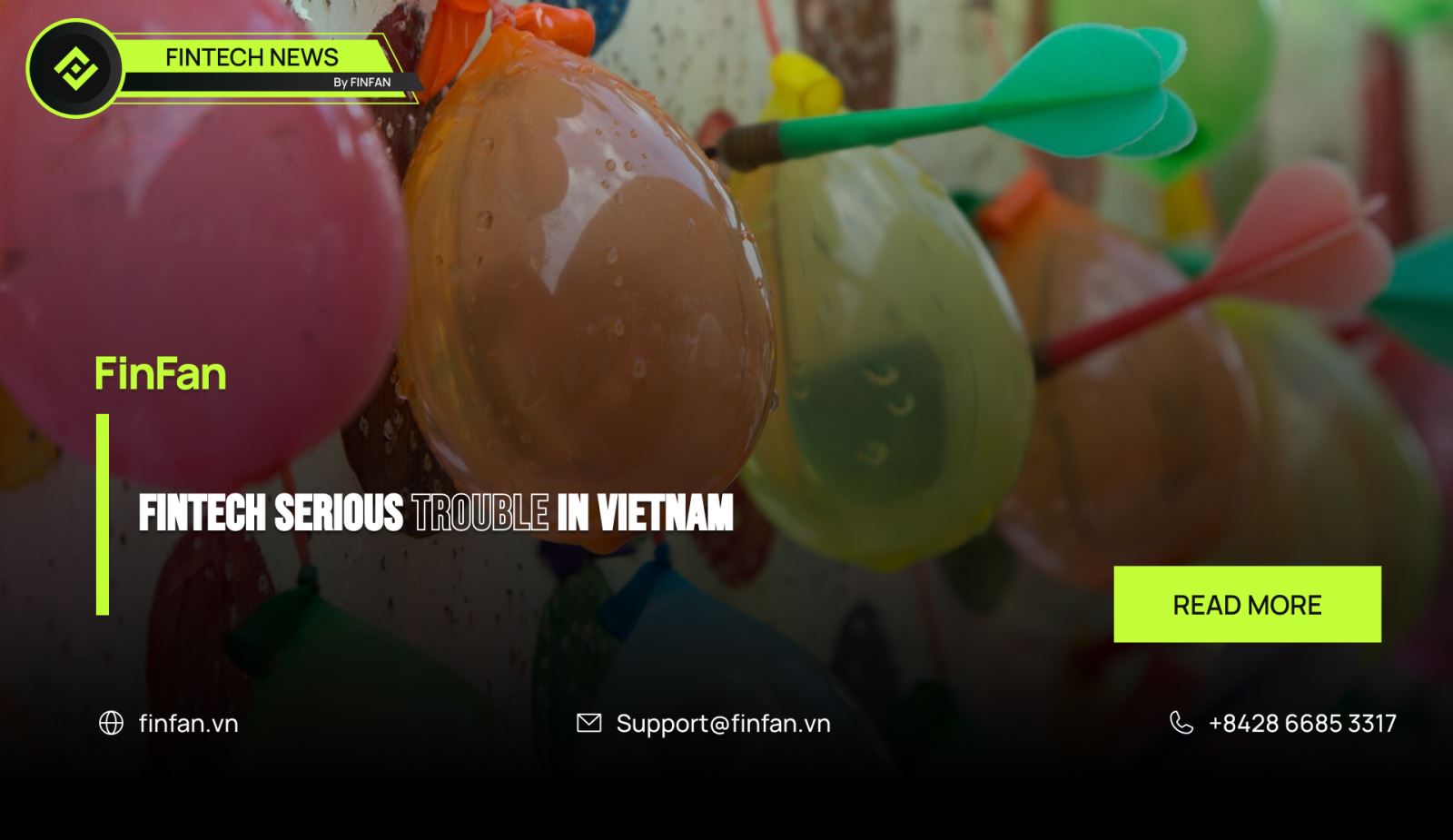Fintech serious trouble in Vietnam

In the article Fintech company in Vietnam – is that a hard or easy market to grow? we recognized that many fintech startup companies in Vietnam have serious trouble that can stop the progress of startups on the way to becoming unicorns.
In this essay, we will learn more about some serious troubles that these startups in fintech caused to the Vietnamese market.
Black credit trap
Peer to peer lending is the future of lending. However, on the other hand, it can cause very serious troubles for borrowers when credit institutions have borrowed this form for personal gain by colluding with other black credit parties, seriously affecting the safety of borrowers.
The black credit partners of these companies can perform extremely serious actions such as splashing paint, splashing shrimp paste on the door of the borrower's house, along with calling heavily insulting relatives and friends of the borrower.
Financial fraud through online quests
This form has become quite popular in recent years. Scammers often use online websites to lure some gullible people to do online tasks to make money such as watching YouTube/TikTok videos, dropping hearts and liking posts on Facebook pages or commenting on a post on a certain page.
These actions are promised to be converted into money and paid to the account number of the person performing the task after reaching a certain milestone.
However, after reaching the milestone, the objects do not pay, but also force the player to add more to the account on the site to be able to withdraw the amount of money that has been considered as tax payment to the state.
After the user has made the money transfer order, they tell the user that the money transfer order has incorrect information and needs to transfer a larger amount to pay the penalty, so the amount will reach hundreds of millions of Vietnam Dong.
Online investment scams
This method is similar to the online task scam. However, with this model, scammers will create a virtual exchange (which can be cryptocurrencies, stocks, forex, commodities, etc.) and then lure their prey to invest.
After reaching a certain profit and users want to withdraw, they will continue to entice users by instructing users how to entice other investors into the same investment and receive commissions from the funds of the invitee's investment.
Just like that, the pyramid scheme continues. The later people get in, the harder it is to withdraw money until the leader of the scam organization runs away with all the money.
Online scamming cryptocurrencies or ewallets
This method is more sophisticated than the above two methods when the scammer intentionally creates a valueless digital currency with an electronic wallet to legitimize the exchange of that digital currency. They will then attract participants in the same way as by creating a virtual exchange.
Users are also trapped in a pyramid trap and deposit money into that e-wallet to expect to receive 10 or even 100 times the promised profit. After having had enough, the scammer also left and took the money that was appropriated from millions of users.
The above forms of fraud are also the reason why the Vietnamese Government is afraid of whether to recognize the forms of investment that are considered legal in the world such as forex, international securities, commodities, etc.
At the same time, it is more important to decide whether to recognize digital currencies as payment methods in Vietnam. Because in addition to the coins created for the purpose of fraud, there are projects in the world that create extremely valuable coins and are the foundation for the development of other projects or coins like Ethereum, Near, Polygon, etc.